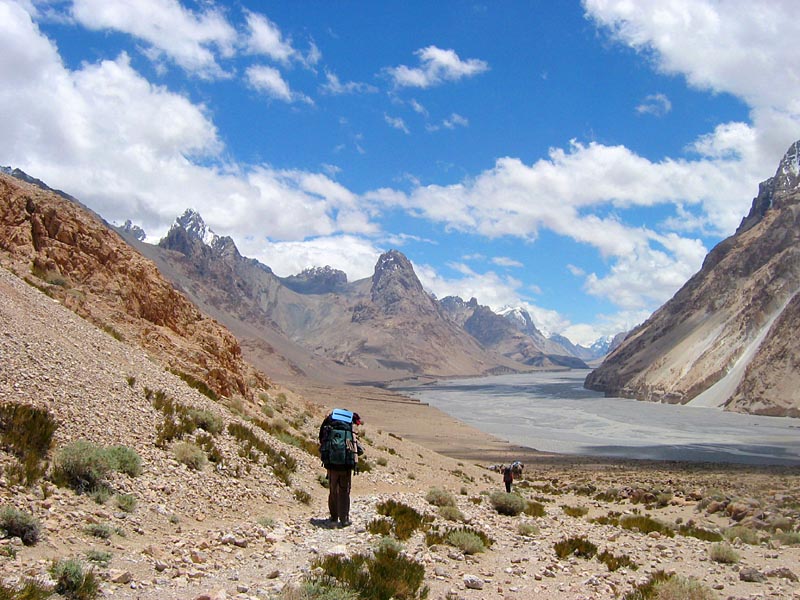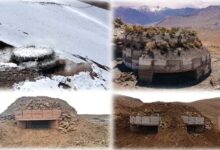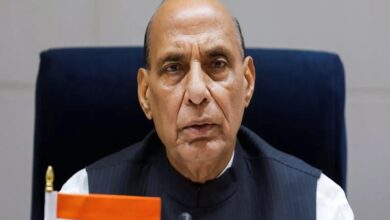Indian Army Vigilance: Assessing Chinese Construction In Shaksgam Valley

- The problem of Shaksgam Valley has been brought up by India in the Special Representative Dialogue on Boundary Resolution.
- India has made it clear to China that it is right to protect its territory by protesting at least twice in the last two years against road building in Shaksgam Valley.
The Indian Army is going to look into what making a road in Shaksgam Valley means for Indian military operations, since Beijing’s presence could make Indian defenses in Siachen Glacier less safe. In 1963, Pakistan gave 580 square kilometers of Indian land in the Shaksgam Valley to China without permission.
India strongly protested against the building of a Chinese road in the Valley last week in both Delhi and Beijing. The road could be part of a plan to connect the Karakoram Highway to the Upper Shaksgam Valley, which is next to the Siachen Glacier. The new road goes through the 16,333-foot Aghil Pass and could offer a different route to Karakoram Pass by going through Upper Shaksgam and then to Khunjerab Pass in the northern parts of occupied Jammu and Kashmir.
India is very worried about this because if China builds a road to Upper Shaksgam Valley, India’s positions on Siachen Glacier will be threatened from both Pakistan and China. It makes sense to think that the Indian Army will have to plan long-term defenses to stop China from expanding in the occupied Shaksgam Valley.
Long-term, the present road construction is a patch between two possible routes. However, it is clear that China wants to connect Lower and Upper Shaksgam valley with a road and military outposts to put pressure on Indian Army positions on Siachen Glacier and Saltoro Ridge. This doesn’t mean that the area is mostly covered in glaciers and has high mountains on all sides. K2 peak and the Concordia complex are the most important mountains in the area.
The problem of Shaksgam Valley has been brought up by India in the Special Representative Dialogue on Boundary Resolution. The most recent meeting of this group was in December 2019. On July 24, 2023, Indian Special Representative Ajit Doval met with his Chinese counterpart Wang Yi outside of BRICS in South Africa. However, the SR dialogue has been put on hold since May 2020, when the Chinese PLA broke all the agreements between the two countries in East Ladakh. Colonel Santosh Babu and 19 of his soldiers were killed in a fight with the PLA at Galwan on June 15, 2020. This has made things even more hostile on both sides, as India has no plans to let Beijing apply the 1959 line on East Ladakh without India’s permission.
India has made it clear to China that it is right to protect its territory by protesting at least twice in the last two years against road building in Shaksgam Valley. India will take action to stop road construction in the illegally occupied territory.






Facebook Comments